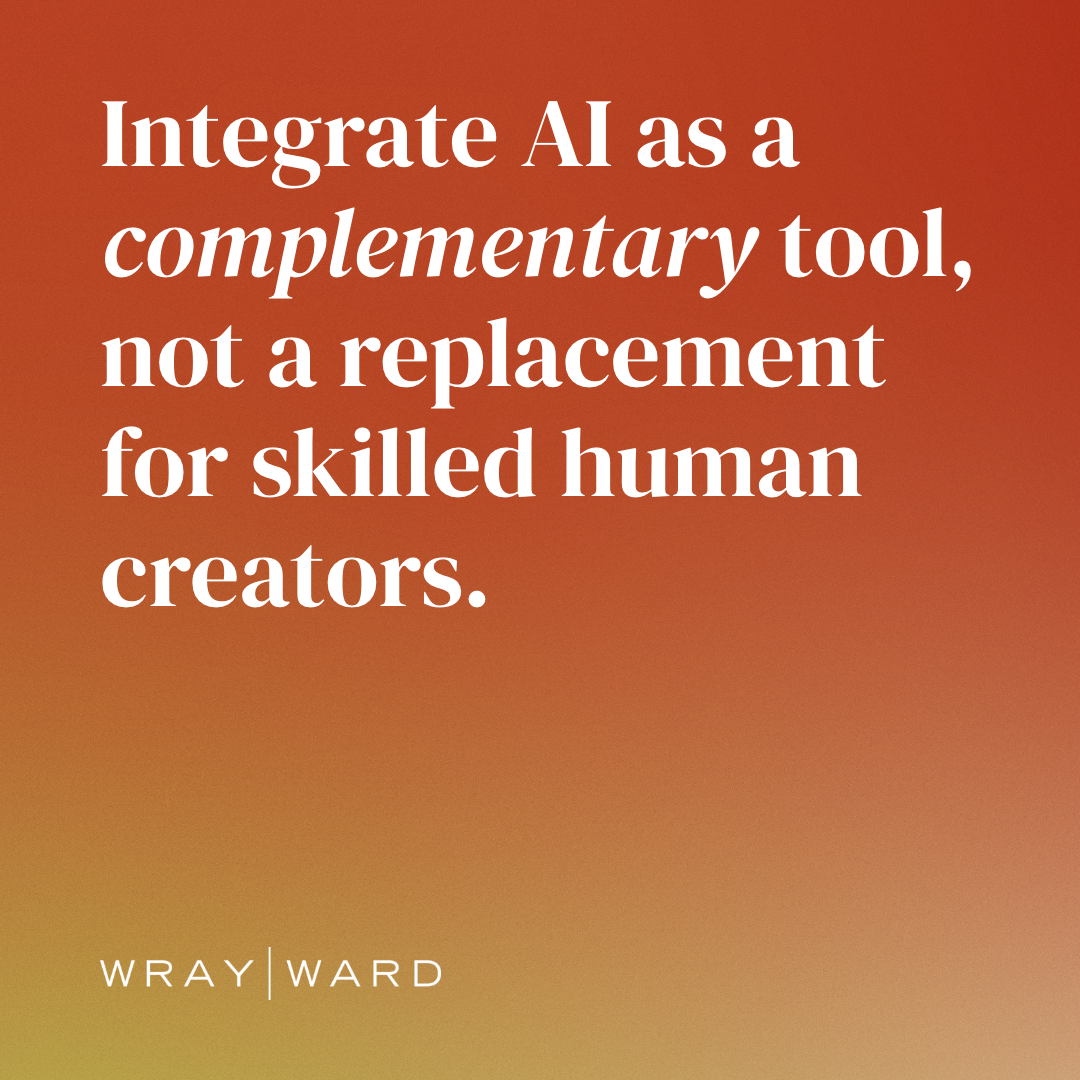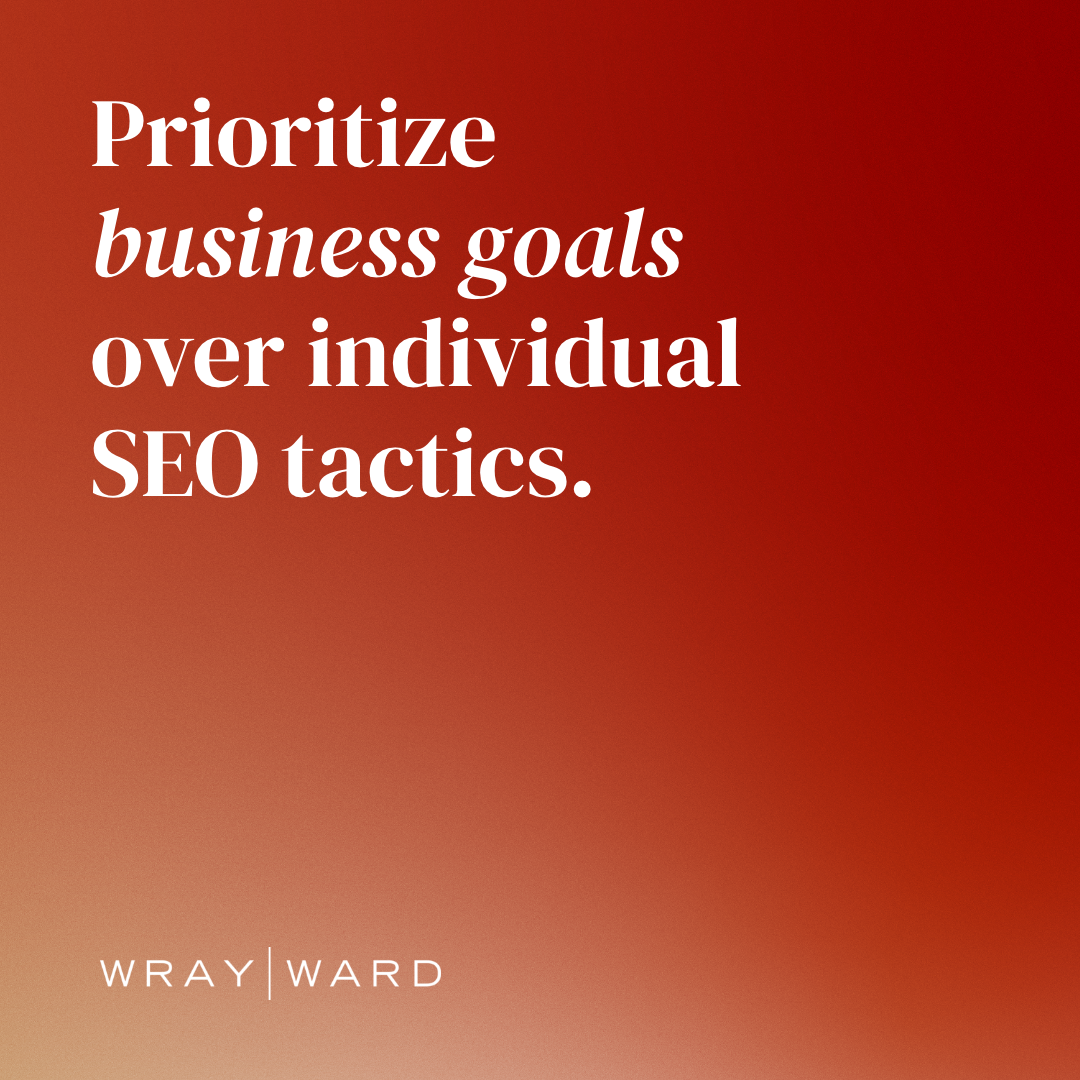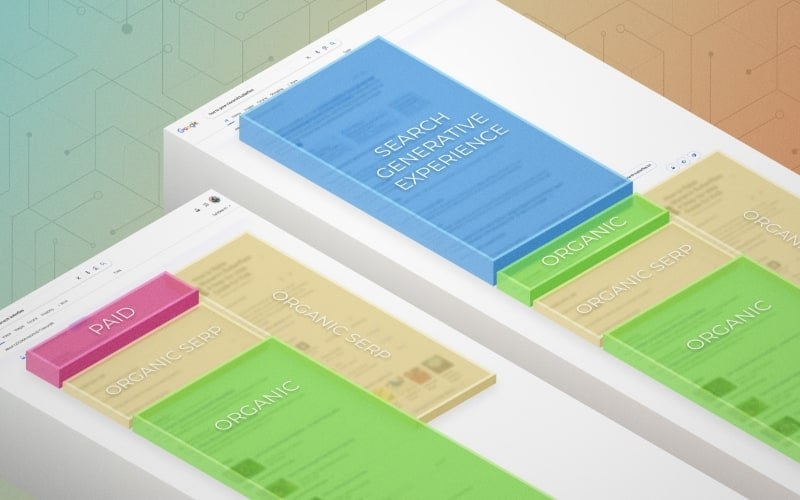3. Study the psychology behind how people search to create effective content.
In 2024, search queries are becoming more complex. Many are full sentences instead of one or two keywords. That’s partly why the best content doesn’t rely on keywords alone. Instead, it speaks to user intent, considering how the intended target audience thinks about and searches for information on the topic.
And that’s where psychology comes into play.
Most people begin a search with a ton of subjective context. Even if the topic is unfamiliar, emotions, personal experience and preconceived notions play a strong role. This intuitive thinking blends with analytical thinking to produce, as MozCon speaker Garret Sussman put it, searcher cognitive bias. And because it influences how people structure longer search queries, we have more opportunities to incorporate cognitive biases into our SEO strategies.
User behavior is often influenced by cognitive biases. Sussman said content and SEO specialists must consider these biases to craft content that resonates with their audience’s preconceived notions and expectations. Incorporating diverse perspectives and authentic subject matter expertise can also help provide more comprehensive information.
Thinking about the psychology of how people search for information applies to how they consume information, too. Don’t stress about incorporating a ton of internal links into a piece of content just to check that box. Instead, think about how, when and why a user would want to dig deeper into the topic or a related topic. Let that decide which links to include and where to put them.
4. Add user-generated content to your SEO toolbox.
Online forums (think Quora and Reddit) can be valuable sources of information and insights because they’re fueled by people-first intent and lived experiences. Forums are a historic record of human interaction and opinions. Put another way, they’re a library of human-centric perspectives often lacking in AI-generated content. MozCon speaker Crystal Carter, who spoke about leveraging UGC to guide SEO and content marketing efforts, said studying forum discussions today can help us understand Gemini and AI Overviews tomorrow.
Unconvinced? Consider that E-E-A-T, or expertise, experience, authoritativeness, trustworthiness, is a key factor in Google’s search algorithms. And UGC is E-E-A-T in real time.
The state of SEO in 2024 is thrilling at best and turbulent at worst. But by focusing on the fundamentals, following tech updates and — perhaps most important — resisting the urge to launch into full-fledged panic mode, marketers can rise above the noise. As we urged recently in a post about Google’s AI Overviews (formerly known as Search Generative Experience), continue to lean into what makes your brand unique. Tell the stories that matter to your audience in a way no other brand can. And if you need a navigator for the complex road ahead, send us a note.







